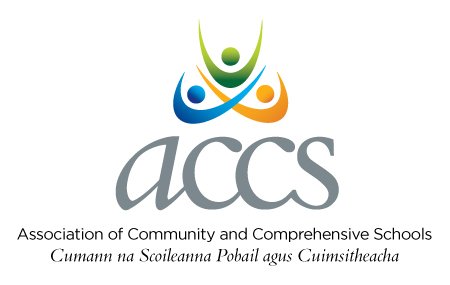10. Audit
Last updated: Tue, Sep 20th, 2016 12:10:27 pm
10.1 The books and accounts of the Board must be open for inspection by officers of the Department of Education and Skills and of the Office of the Comptroller and Auditor General. All financial records and documentation in regard to, tenders, orders, receipts, invoices and other vouchers requisitions, store records, bank statements and all relevant supporting documentation must be retained by the Board for a period of 7 years.
This guideline does not extend to pay and related school personnel service records, which should be retained indefinitely within the school. The Board should ensure that it meets its obligations in relation to the retention of all documentation.
10.2 Community and Comprehensive schools are subject to audit by the Department’s Internal Audit Unit.
10.3 The objective of the audit is to examine the effectiveness of the management and control systems and to assess the current level of assurance which can be attributed to the systems in place and to make any recommendations considered appropriate. This includes an assessment of the following:
The soundness, adequacy and application of financial and other management controls;
The extent to which the school’s assets and interests are accounted for and safeguarded;
The extent of compliance with, relevance to and financial effect of established policies, plans and procedures;
The suitability and reliability of financial and other management data developed within the school.
The audit, which is generally advised in advance, takes place over a number of days in the school. The audit process involves detailed examination of school accounts and records by the Department officials, assisted by school personnel having responsibility for all aspects of the management of school finances including receipt of funds, authorisation of payments and custody of assets. Such personnel would normally include the Principal, School Secretary and relevant post holders in the school.
During the actual audit process itself, findings are discussed and agreed with the Principal and other relevant staff on an ongoing basis. A full presentation of the findings and recommendations are made to the Principal, and other relevant personnel, if considered appropriate, at the end of the audit.
A draft audit report together with a table of findings and recommendations will issue to the Chairperson of the Board of Management, for the Board’s consideration, following completion of the audit fieldwork; in addition a copy will issue to the Principal and to the Management of the relevant line section(s) in the Department, for information; or for a management response in the event of recommendations requiring one. The Chairperson of the Board of Management should respond in writing to Internal Audit Unit by the specified deadline; having first consulted with the Principal regarding the management response.
The response must include:
An acceptance or rejection by the Board of each recommendation;
Comments on each of the audit findings;
The Board’s proposed action in relation to each recommendation in the draft audit report;
A proposed timeframe for implementation of each recommendation. A date must be specified for each recommendation, even those that may be implemented immediately.
The response, which must be signed off by the Chairperson of the Board of Management, will be included in the final audit report. The Chairperson’s signature will be included electronically on the final audit report as confirmation that the report is accepted and authorised for issue.
The "final" audit report will be issued to the Department’s Audit Committee for clearance and then to the Secretary General for approval. The report will then be issued to the Board of Management, the Principal, the Comptroller and Auditor General and to relevant management within the Department. It should be noted that audit reports are subject to Freedom of Information.
As part of its procedures, the Department’s Internal Audit Unit tracks the implementation of all outstanding recommendations on a quarterly basis. The Secretary General and the Audit Committee are regularly updated on the implementation of all recommendations. It is, therefore, vitally important that the most up to date position in relation to each recommendation is accurately reflected to Internal Audit Unit during the tracking process.

